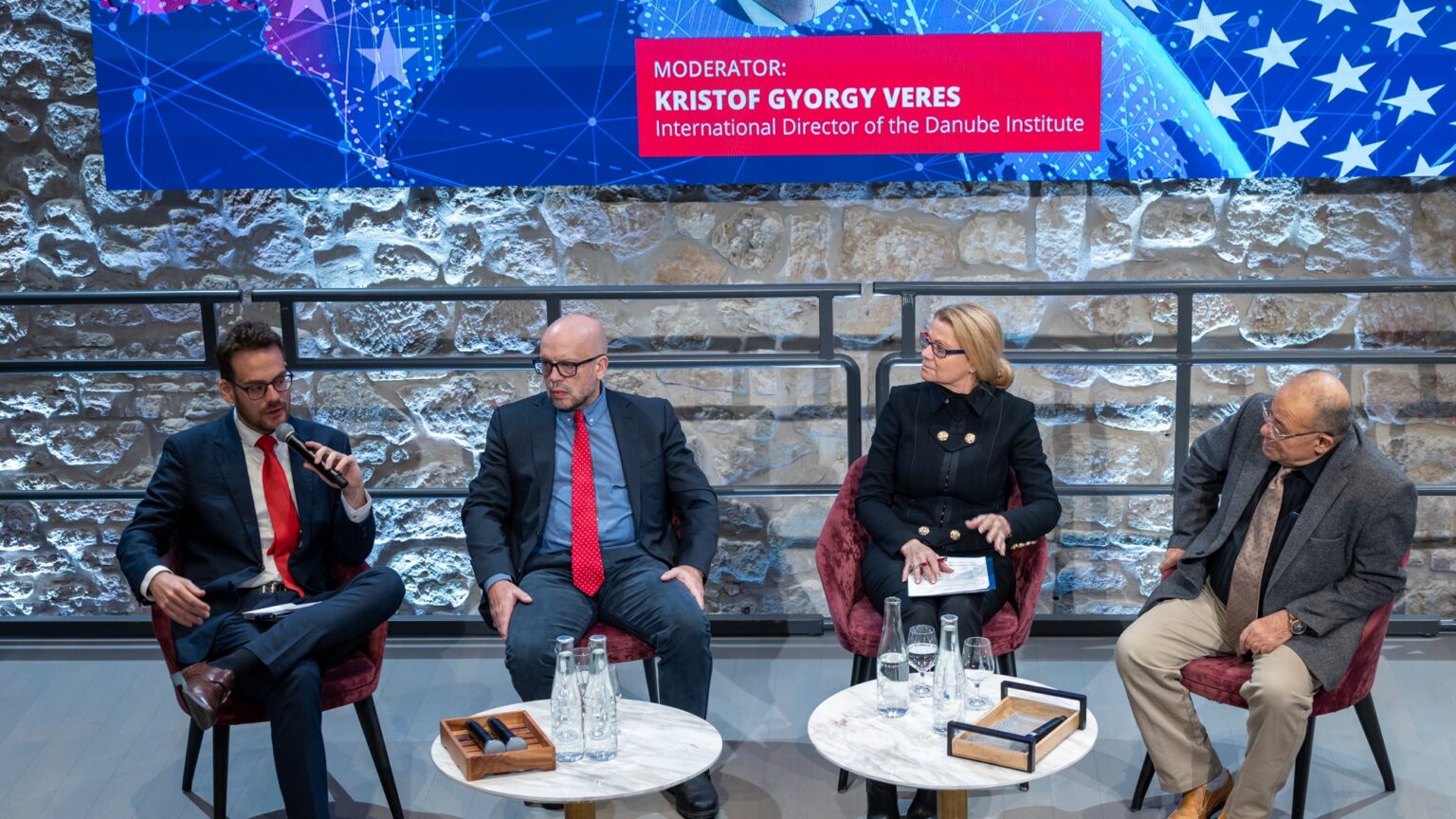
From NATO dynamics to the conflict in Ukraine and the volatile Middle East, the re-election of Donald Trump raises pivotal questions about the trajectory of international relations. In a thought-provoking event organized by the Danube Institute, experts discussed what we can expect in the future of the US foreign policy.

The BudapestGO app is set to become more user-friendly with new features, including streamlined access to schedules, a dark mode option, and improved in-app communication. The improvements to BudapestGO are part of the ongoing efforts of the Centre for Budapest Transport (BKK) to assess user satisfaction and implement updates that reflect customer needs.

No-till farming is more than an erosion control method—it’s a gateway to improved soil health, enhanced water retention, and healthier food production. Former Hungarian President and Chairman of the Blue Planet Climate Protection Foundation János Áder and agricultural expert Ferenc Berend discussed this transformative technique on the Blue Planet podcast.
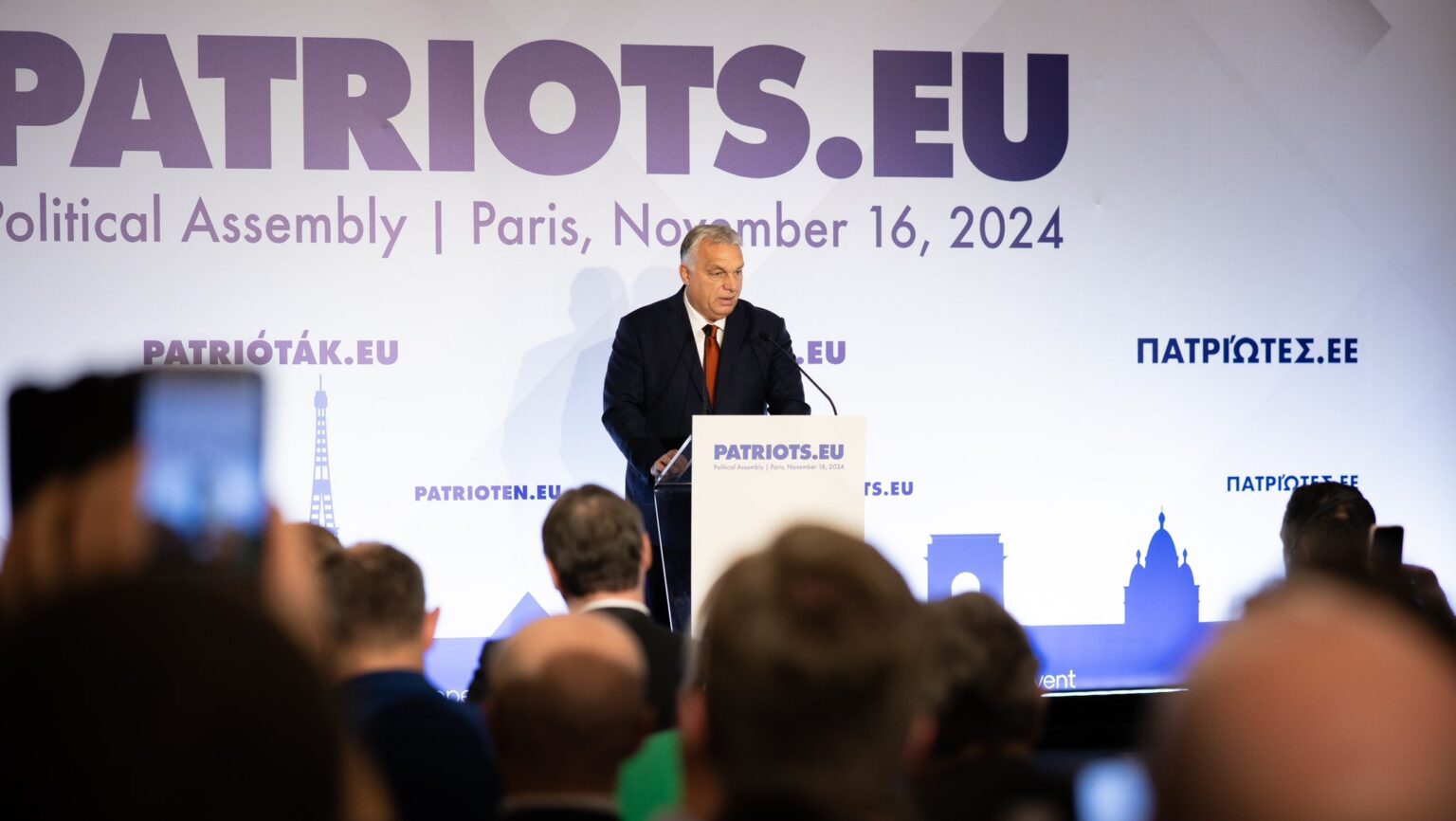
‘A new chapter is unfolding—the patriots have emerged on the horizon, and the era of sovereignty has begun,’ Hungarian Prime Minister Viktor Orbán declared at the first general assembly of the Patriots for Europe in Paris. The event, attended by the most prominent figures of the European right, saw Santiago Abascal, leader of Spain’s VOX party, elected as the new chairman of the political group.
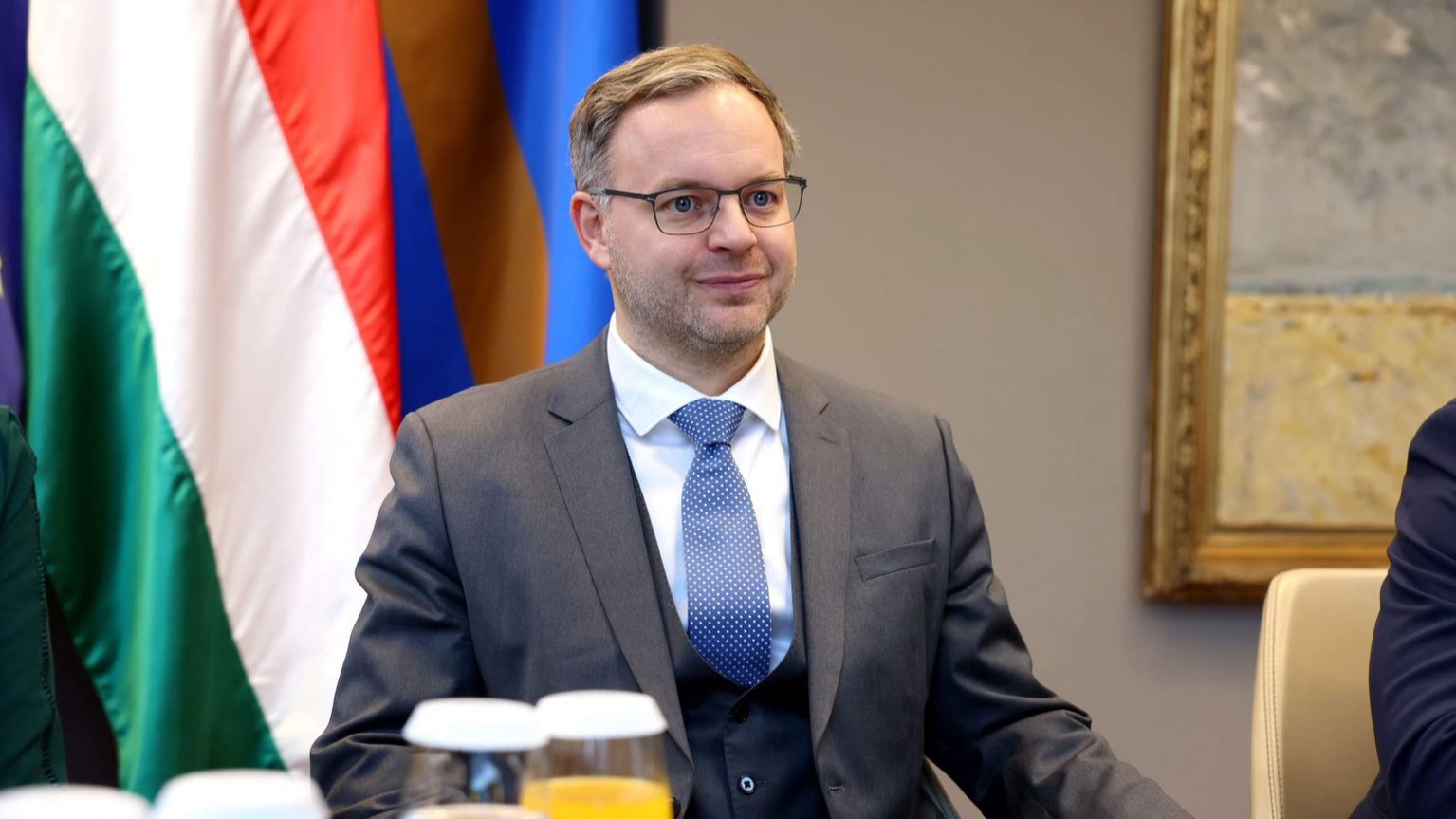
Political director to Hungary’s Prime Minister Balázs Orbán highlighted the potential economic benefits of a Trump-led US administration, emphasized EU reforms, and detailed Hungary’s vision for boosting competitiveness and fostering global partnerships.
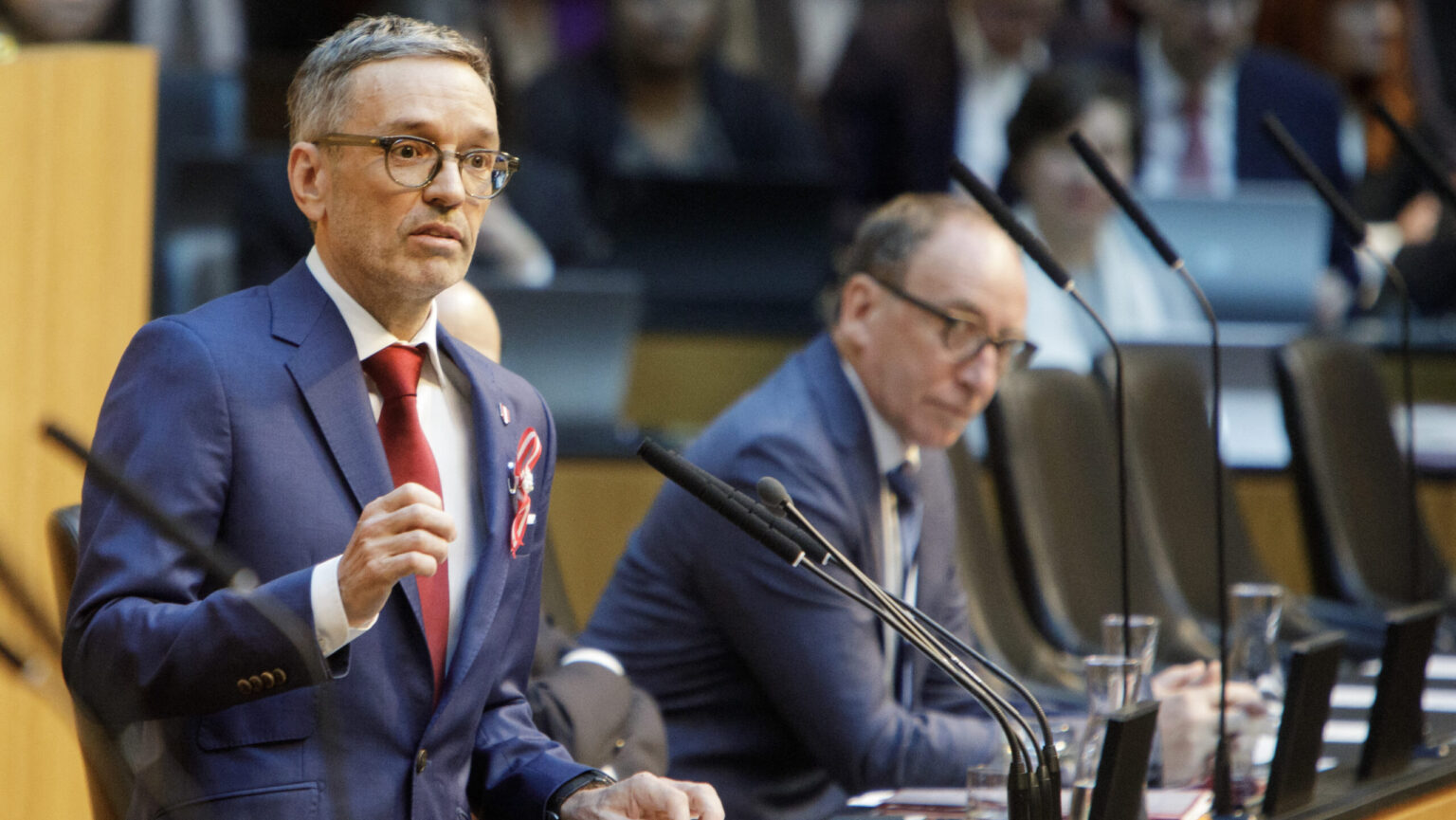
Prosecutors have initiated proceedings against another leader of the right-wing political group Patriots for Europe; this time Herbert Kickl, leader of the Austrian Freedom Party, who is facing the potential waiver of his immunity. The news comes just one day after the prosecutors requested prison sentence for RN’s Marine Le Pen.
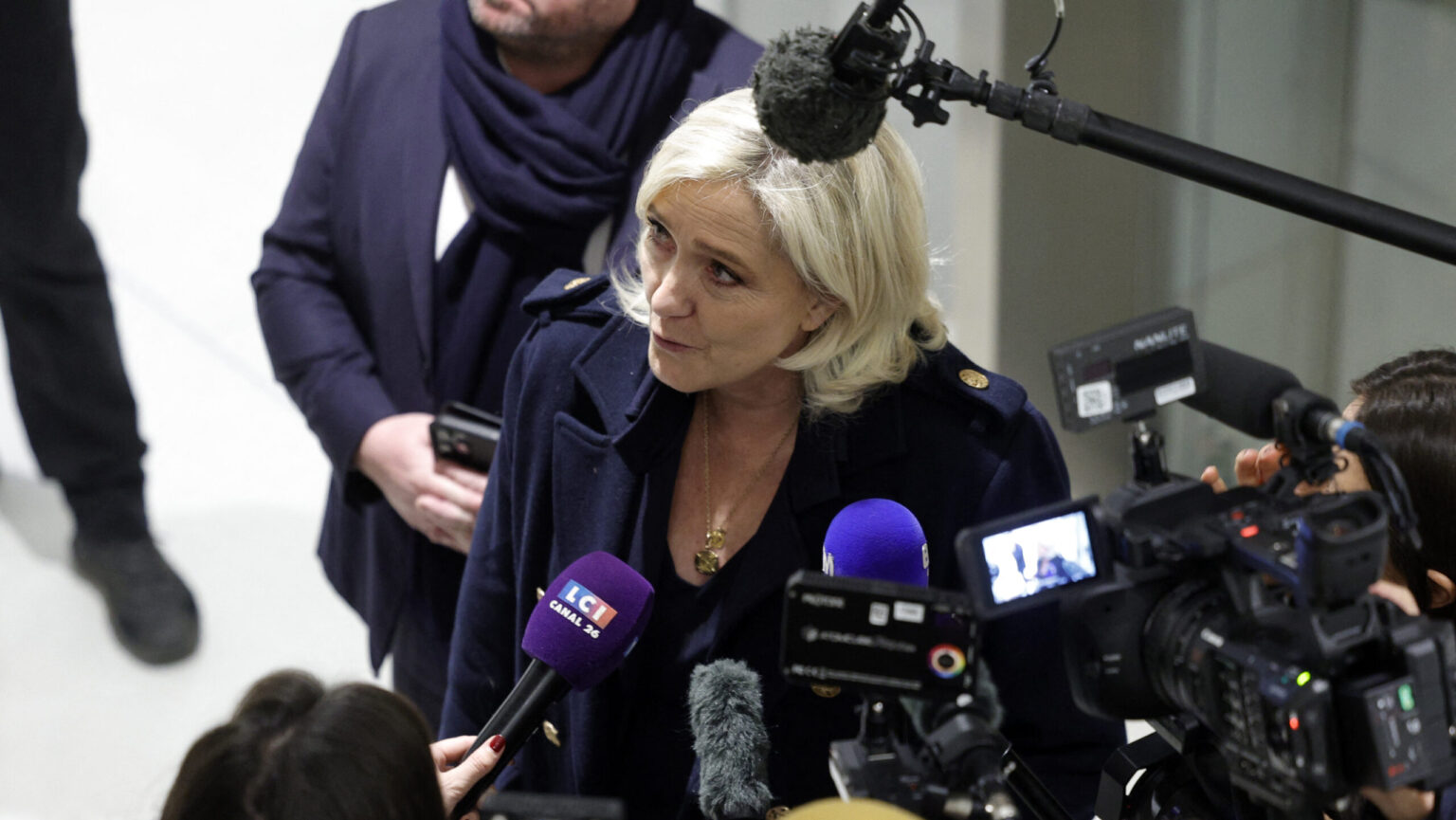
Prosecutors have demanded prison and a ban from public office for Marine Le Pen, a key figure in the French National Rally party. Viktor Orbán responded to the accusations against his ally, stating: ‘Marine, please remember we are with you in this battle!’

Hungarian Minister of National Economy Márton Nagy visited Shenzhen for the China Hi-Tech Fair, spotlighting Hungary’s AI and supercomputing advancements and emphasizing AI regulation. In his keynote address he reiterated Hungary’s commitment to international tech cooperation and regulation.
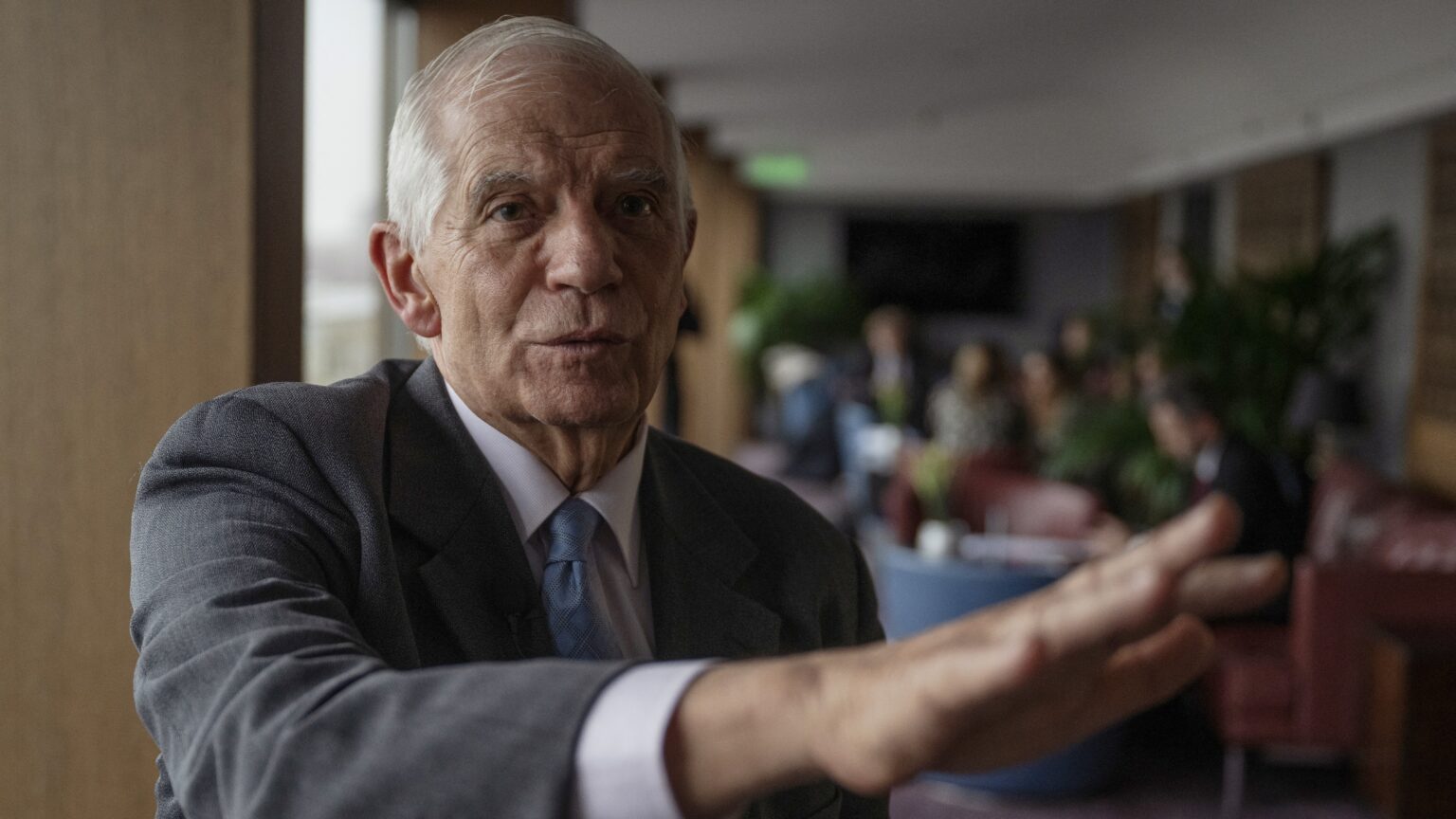
Reflecting the way the mainstream in the EU confronts the ongoing Gaza crisis, its outgoing foreign policy chief Josep Borrell has once again taken a hard line on Israel, proposing a suspension of EU–Israel political dialogue over humanitarian concerns. Known for his blunt criticisms of Israel, Borrell’s latest move aligns with his stance that the EU must hold Israel accountable, yet it may also be his last major act on the issue as he prepares to step down, making way for Estonia’s Prime Minister Kaja Kallas.
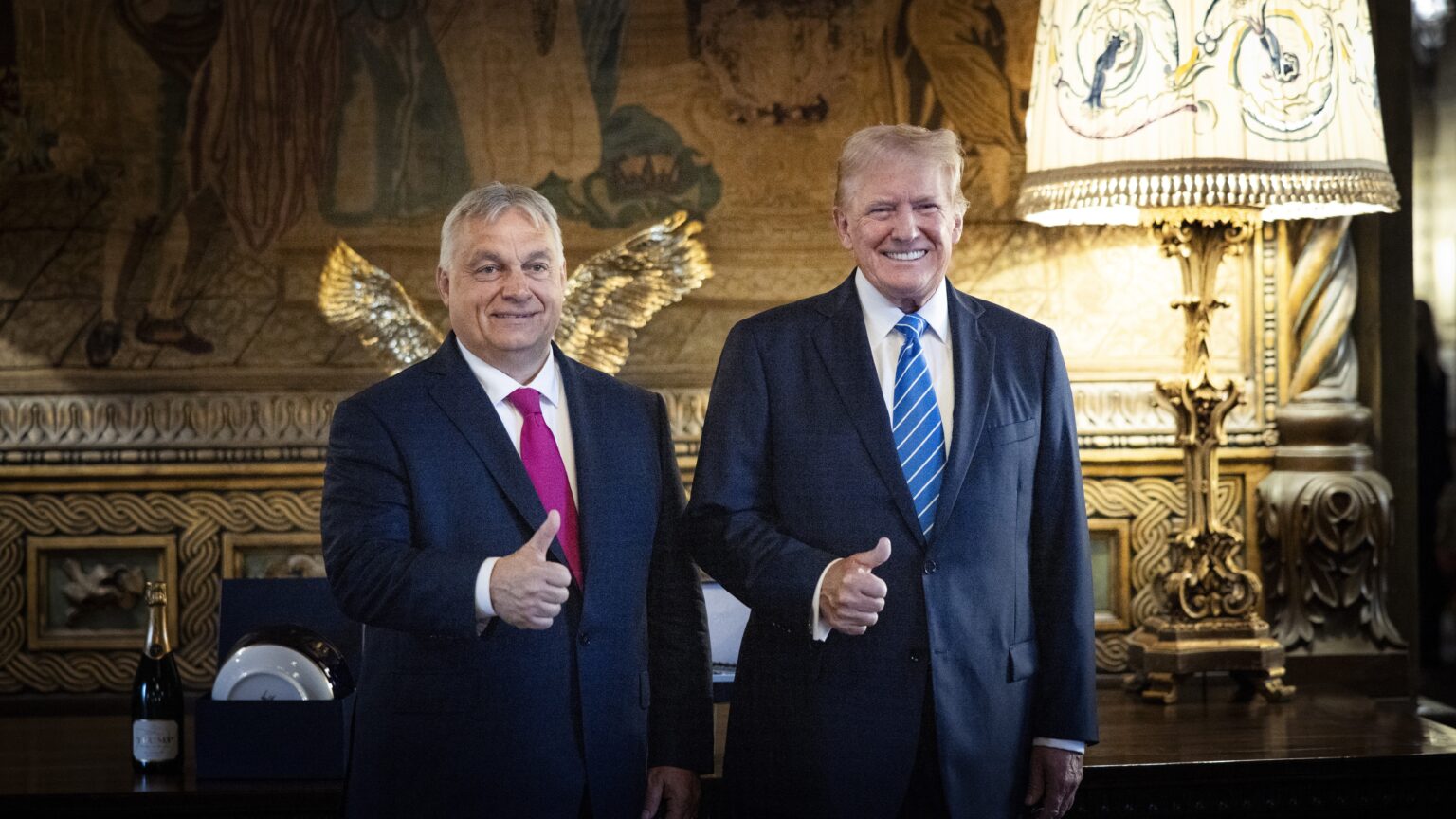
A recent content analysis by the Center for Fundamental Rights reveals that in the year leading up to the US presidential election, Donald Trump cited Hungarian Prime Minister Viktor Orbán 109 times, which far surpasses mentions of other European leaders such as Emmanuel Macron and Volodymyr Zelenskyy.
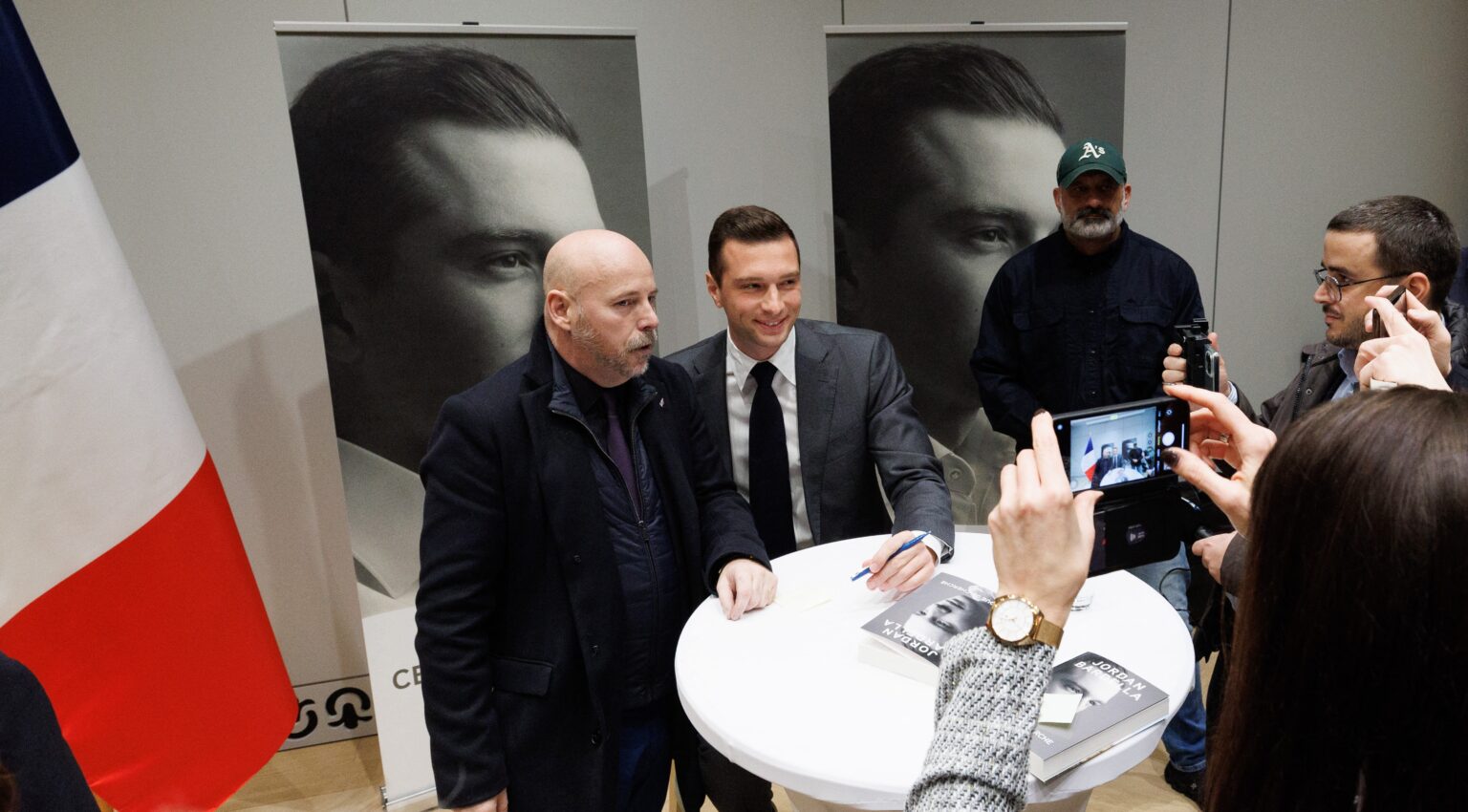
Protesting antifa crowds attempted to block the entrance to the Hungarian House in Brussels to stop the event launching Jordan Bardella’s new book. According to Balázs Orbán’s post on X, the mob threw bottles and fireworks at the police, marking another attempt to silence right-wing voices in the capital of Europe.

According to a new Real-PR 93 survey, 74 per cent of Hungarians support the government’s target to raise the average salary to one million forints, reflecting broad approval among all demographics and age groups from across the political spectrum.

Donald Trump has announced that he would appoint Elon Musk and Vivek Ramaswamy to jointly lead a new federal department focused on government efficiency. The establishment of the department, promised during the presidential campaign, aims to streamline federal operations, cut excessive regulations, and curb wasteful spending.
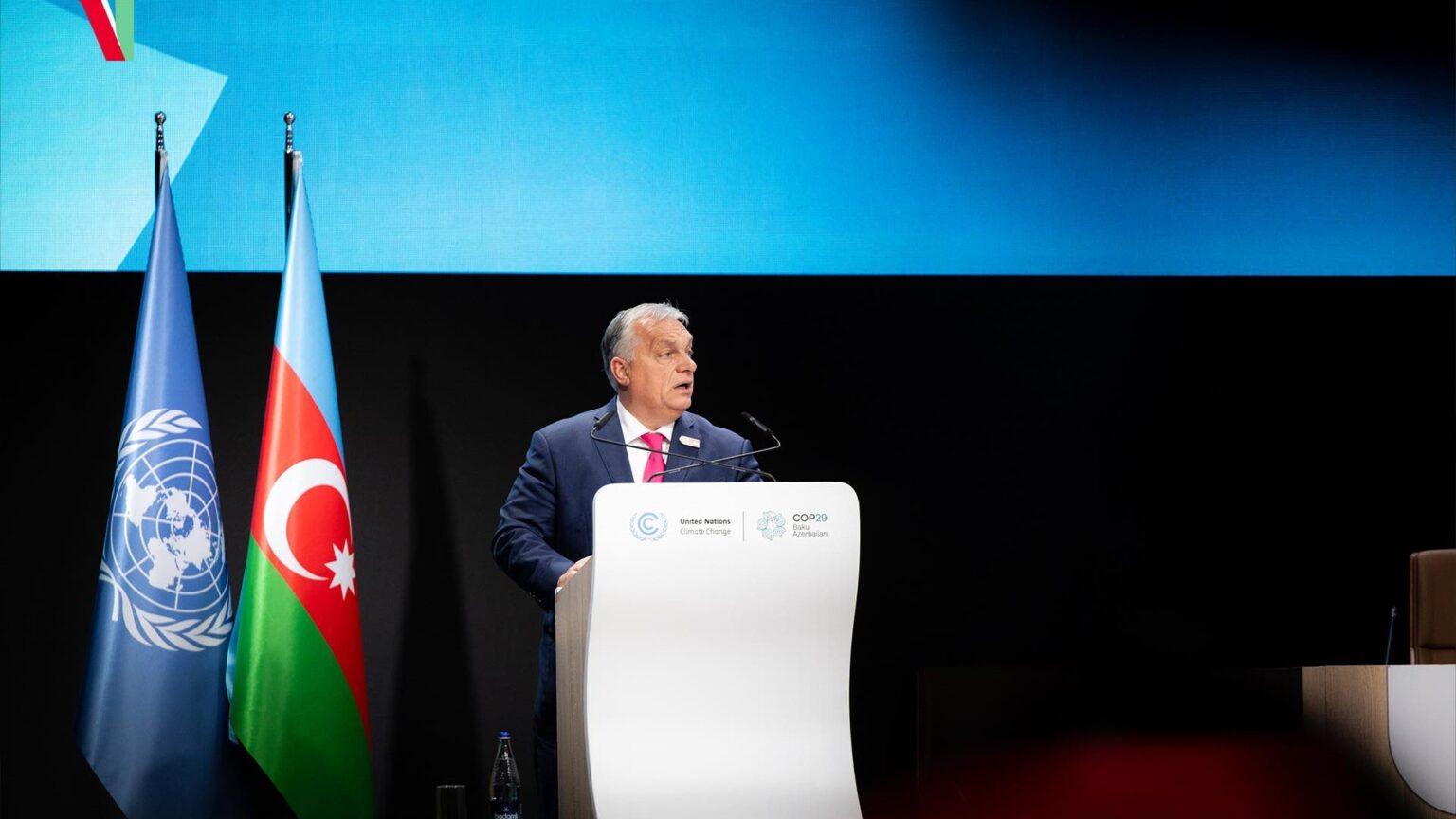
Addressing COP29 in Baku, Prime Minister Viktor Orbán urged for climate policies guided by ‘common sense’ rather than ‘ideology, panic, or alarm’. Hungary, he argued, must balance its green ambitions with sustainable economic growth.
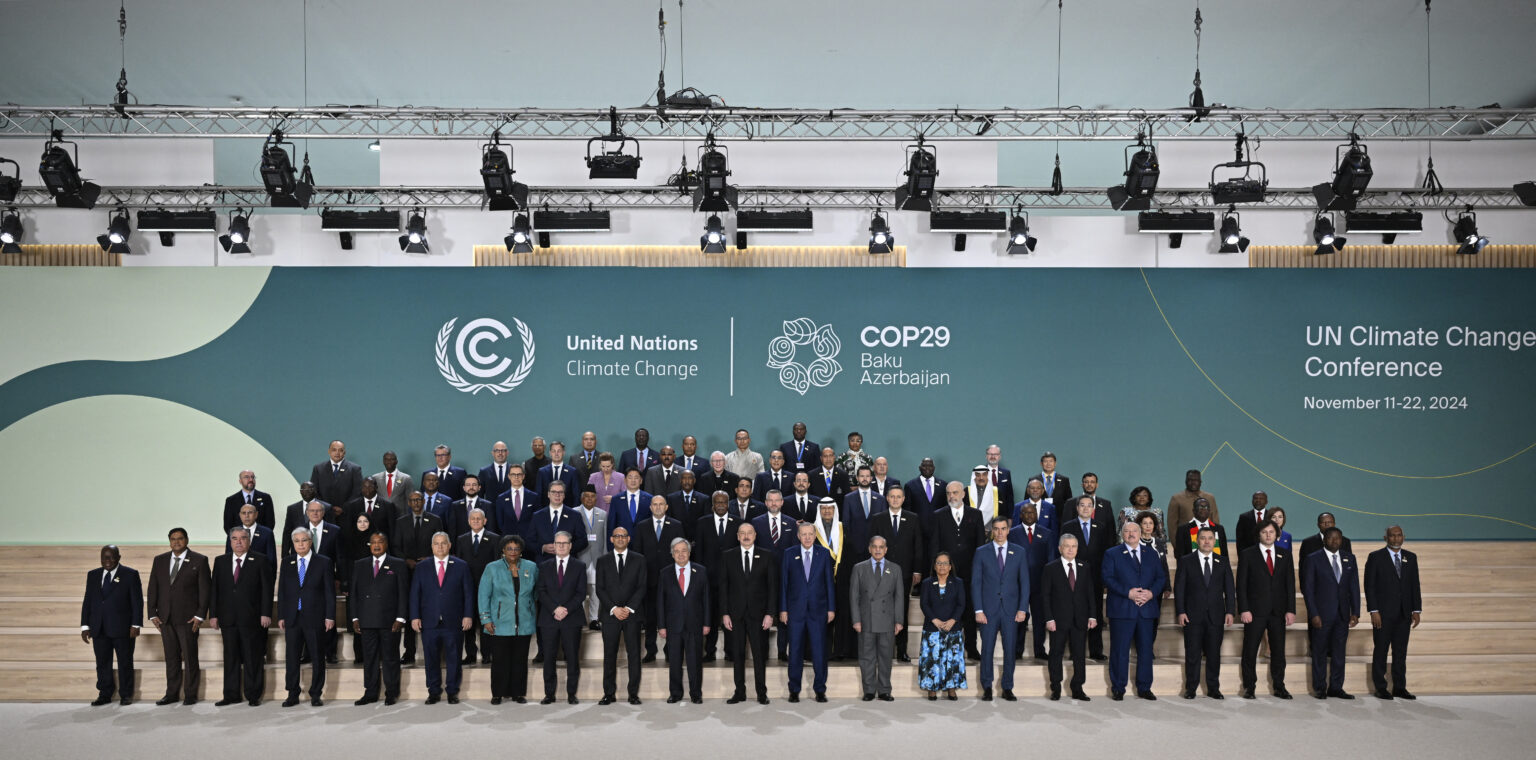
The United Nation’s climate change conference began on 11 November, with participants from almost 200 countries. Hungary’s focus during this year’s conference will be to protect farmers from green measures that could harm agriculture.
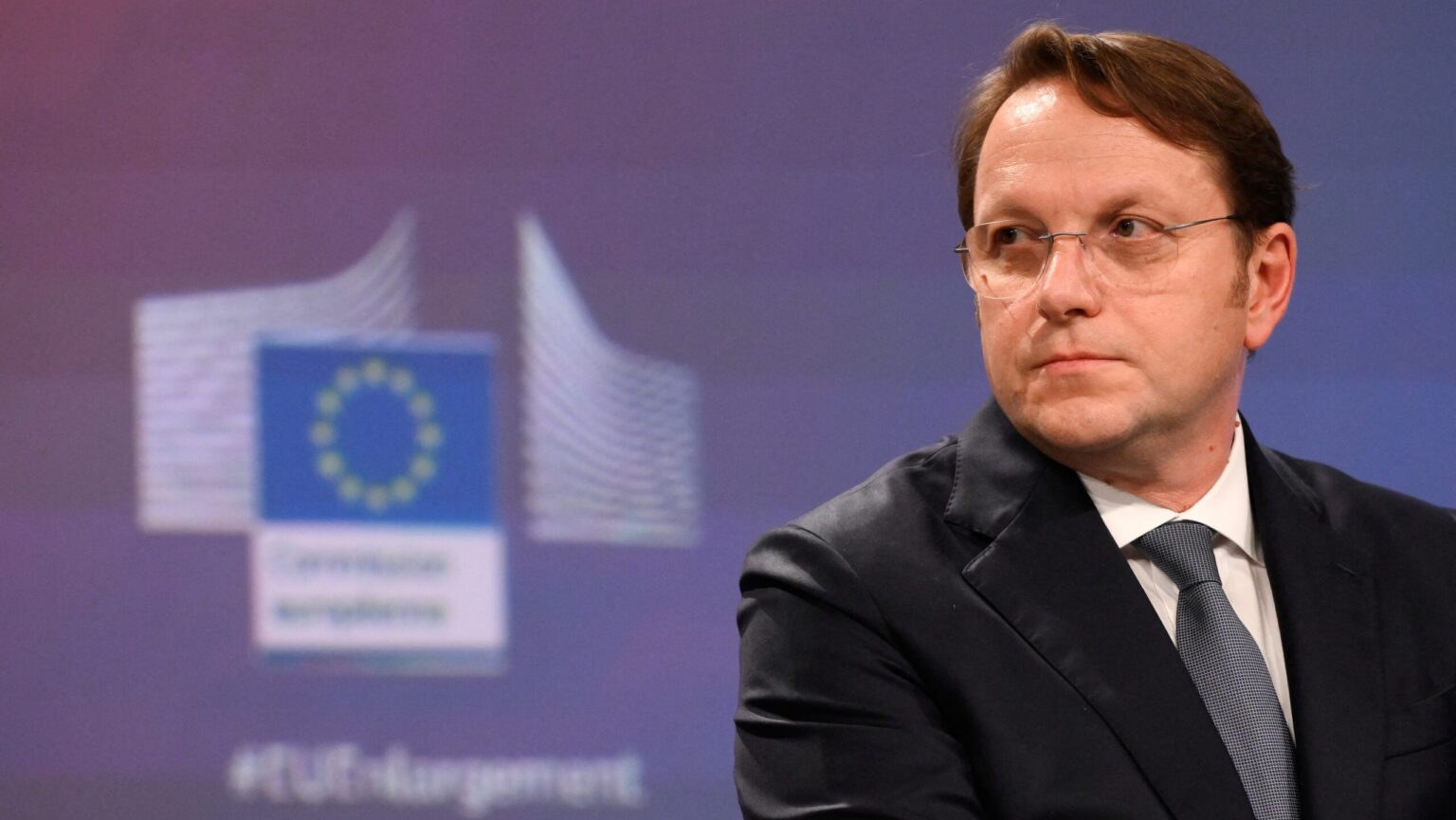
According to press reports, the European Parliament may approve the candidacy of Hungary’s Commissioner-designate, Olivér Várhelyi, on Wednesday. Unsurprisingly, the left-wing groups in the EP turned his first hearing into an ideological battle, refusing to approve his nomination on biased grounds.
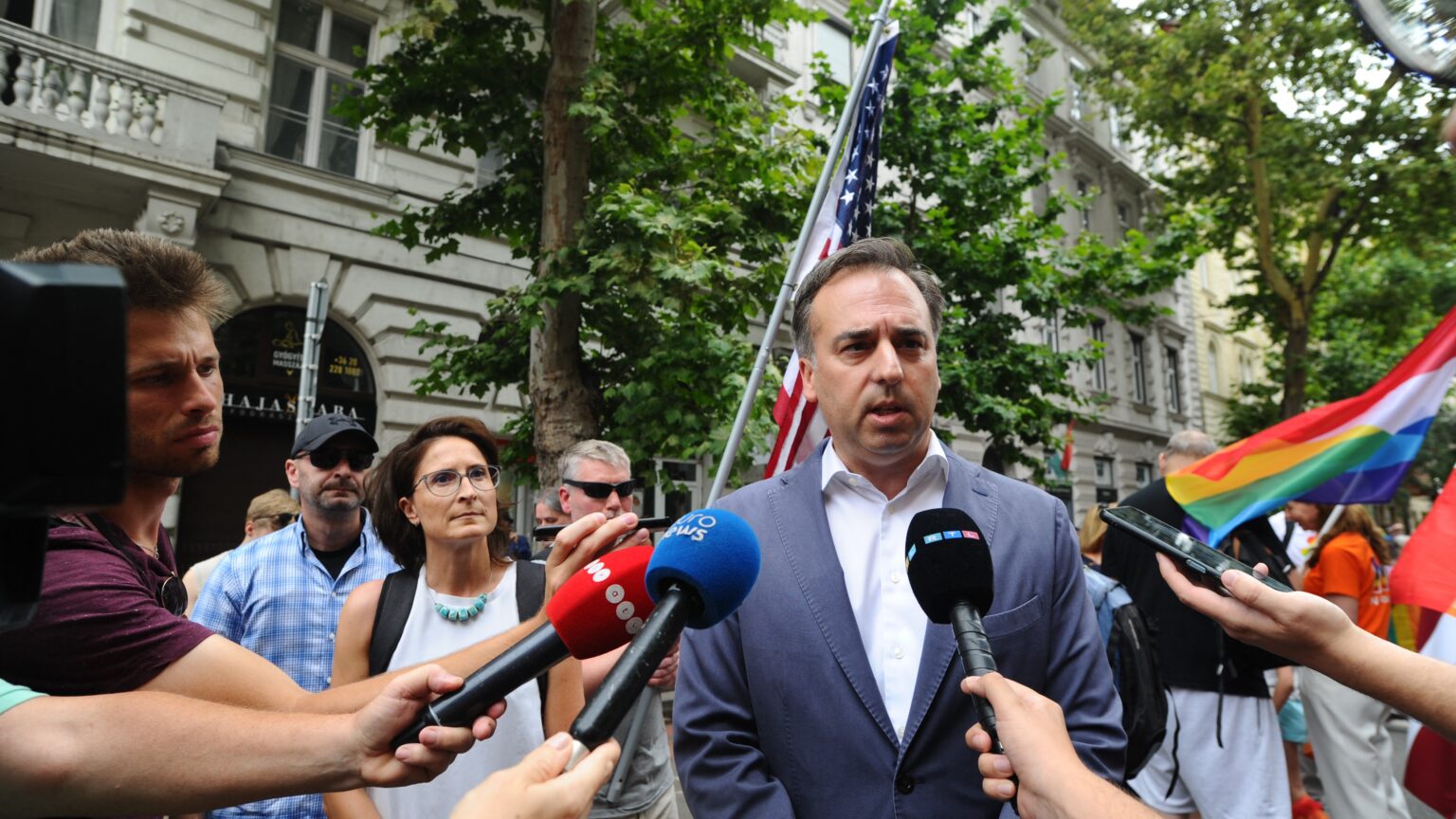
As the US prepares for a presidential transition, Ambassador David Pressman may soon depart Budapest in line with protocol for political appointees under a new administration. There has been no career diplomat leading the US mission in Hungary since the 1990s.
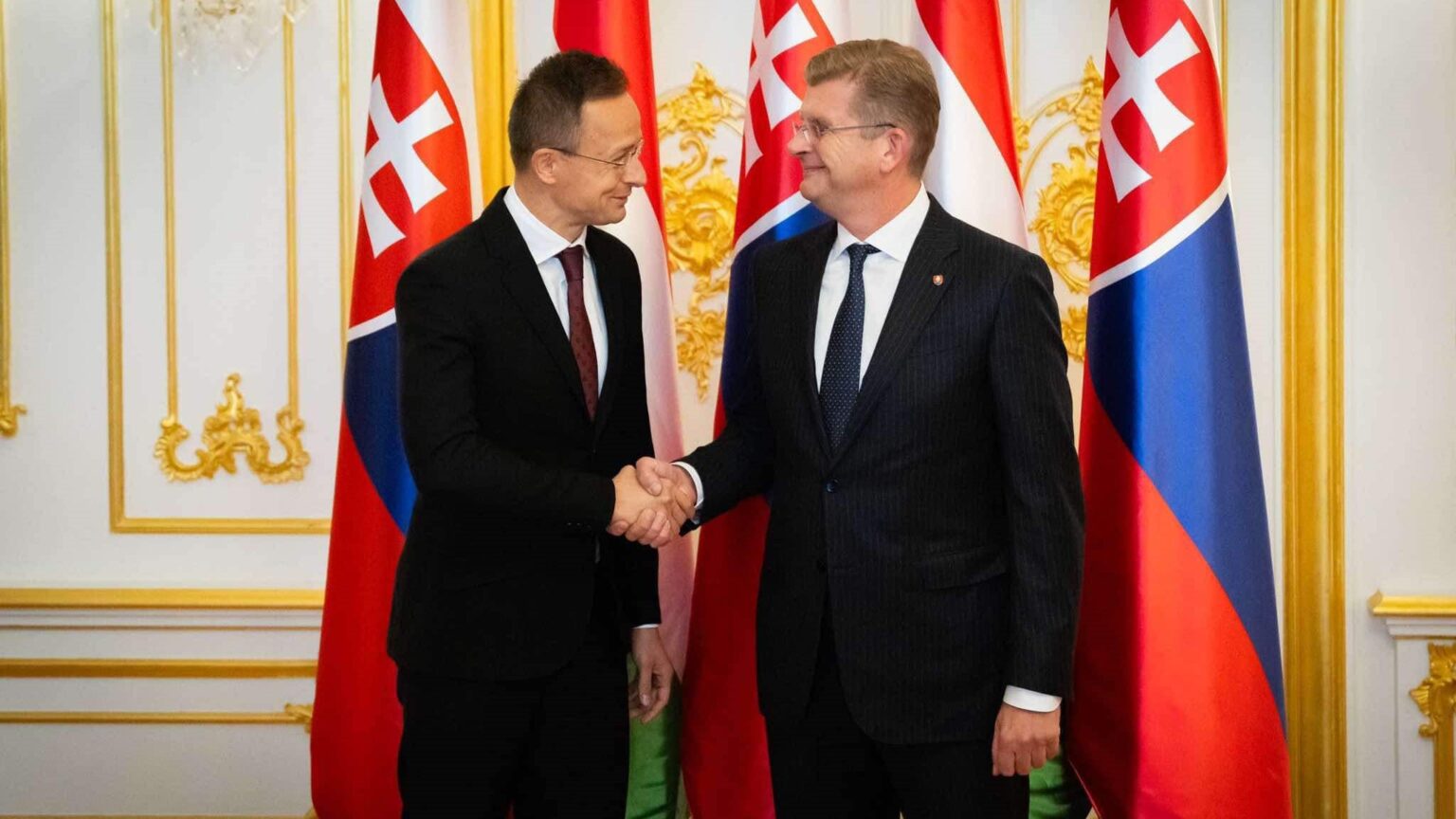
In a recent meeting with the Hungarian foreign minister, Slovak House Speaker Peter Žiga reiterated his government’s commitment to preserving the status quo on minority rights and stressed that, instead of restrictive policies, the Slovak government plans to enhance the quality of life for the Hungarian community in southern Slovakia. This would involve improvements to transportation infrastructure, including new roads and bridges to support regional development.
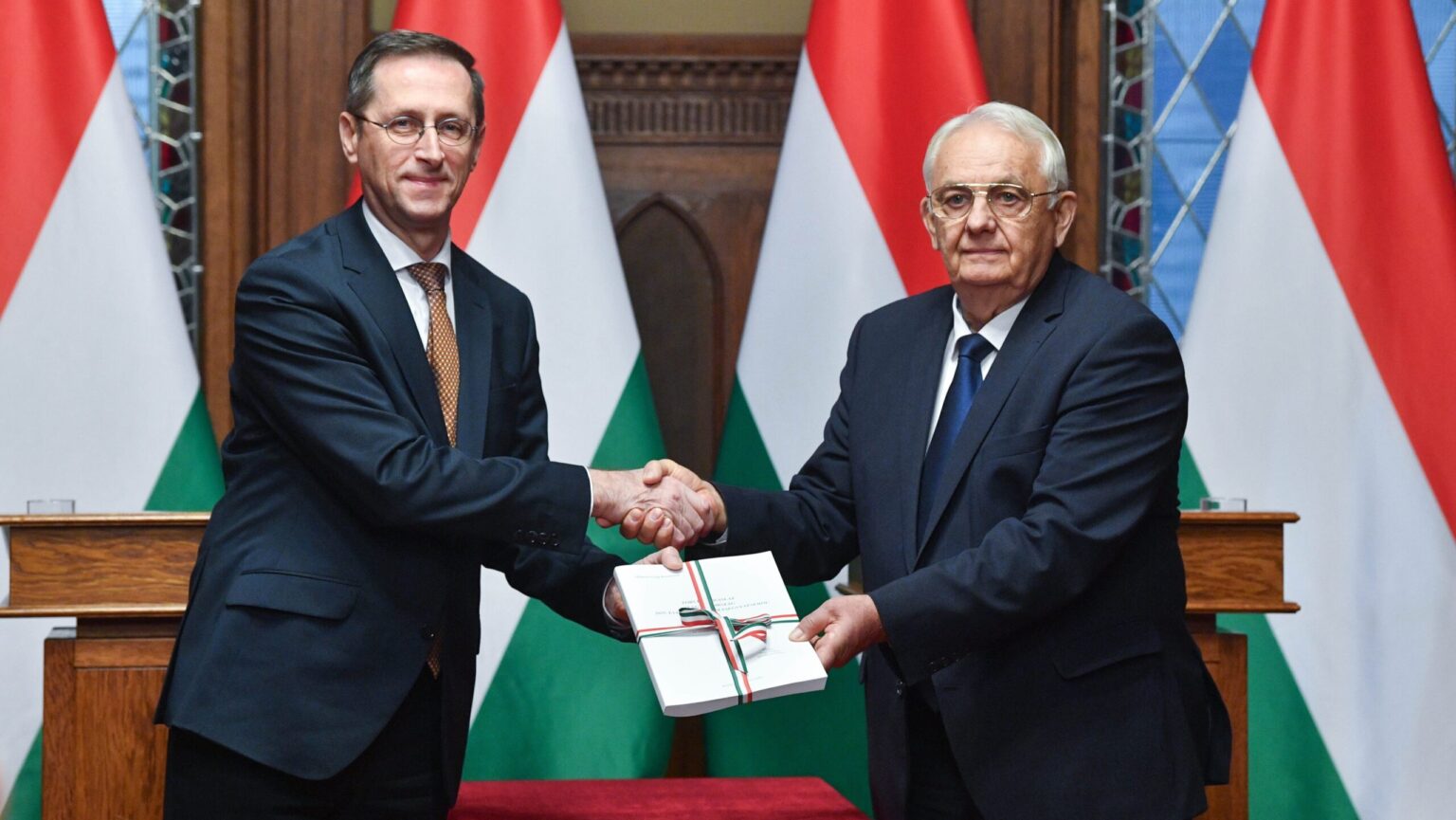
Hungarian Finance Minister Mihály Varga presented the government’s draft budget for next year to parliament on Monday. ‘The 2025 budget can be a budget for new opportunities, a budget for new economic policy, and a budget for peace,’ he emphasized in his speech.

According to information provided by Hungarian authorities, a 37-year-old Irish man killed 31-year-old US citizen Mackenzie Michalski in Budapest. The woman, who worked as a nurse, had come to the Hungarian capital for a holiday, a city she deeply loved, but never returned home.
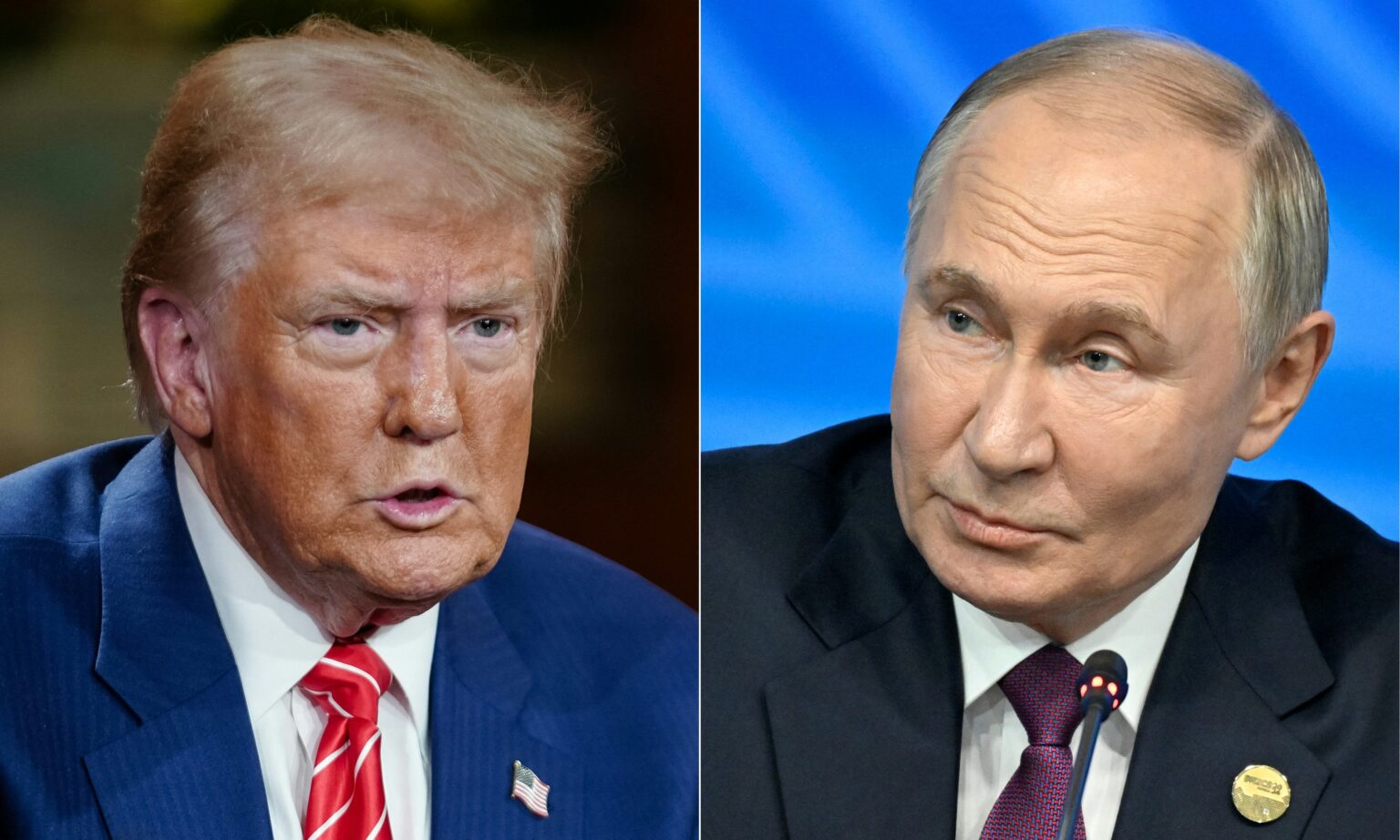
Although less than a week has passed since the US presidential election, President-elect Donald Trump has already spoken with Russian President Vladimir Putin to discuss the war in Ukraine, at least according to American media reports. However, Kremlin spokesperson Dmitry Peskov dismissed the news as ‘pure fiction’ and stressed that Putin has no specific plans to speak with Trump at present.
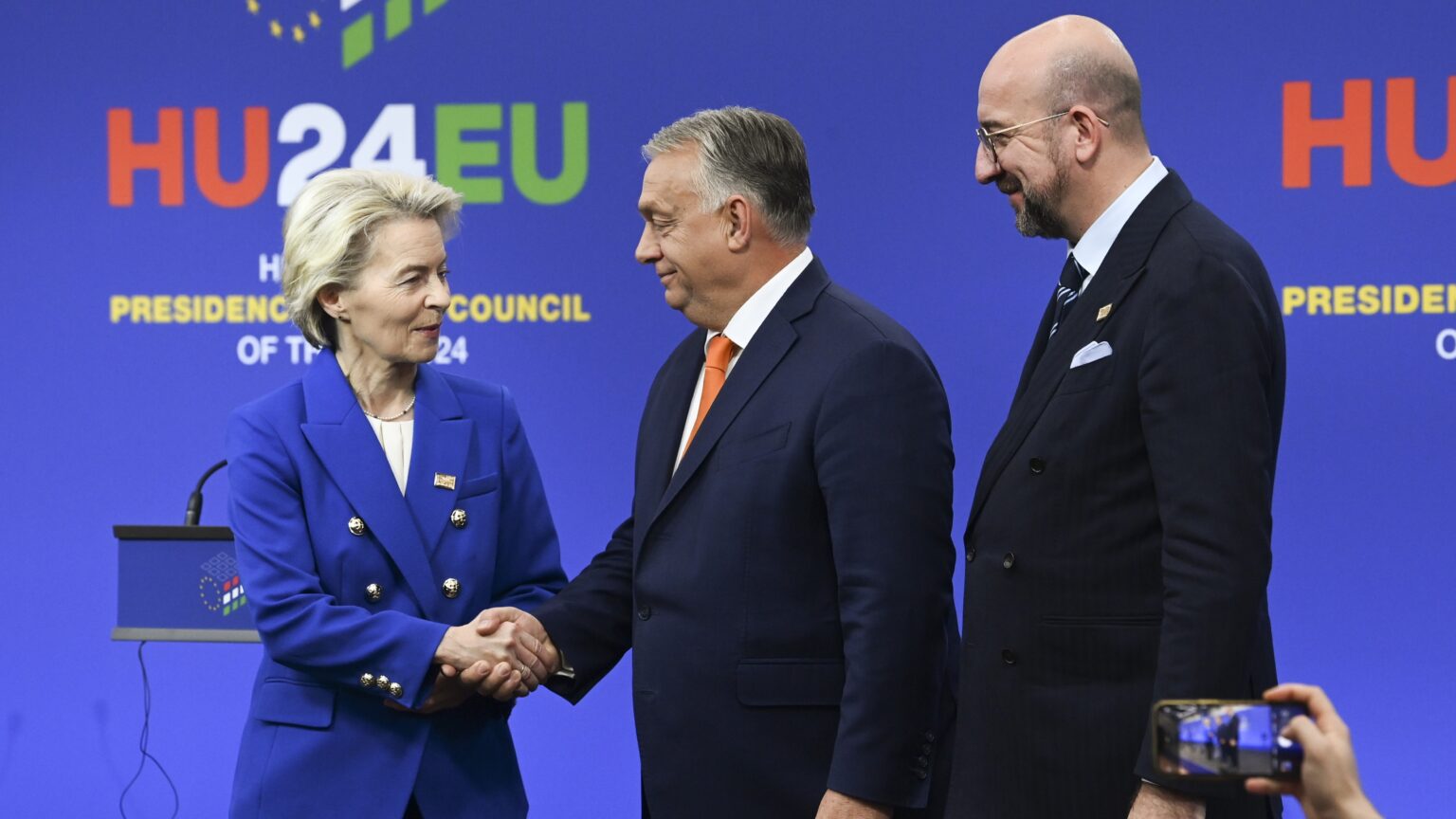
One of the most pressing issues in enhancing the competitiveness of Europe is the need to optimize defence spending. Europeans now spend much more on defence in the wake of Vladimir Putin’s invasion of Ukraine, with ten European NATO members set to reach the 2 per cent of GDP spending threshold by the end of 2024. However, developing and acquiring modern weapon systems of cutting-edge technology demand an exponential level of spending for development and production, which can hamstring the capabilities of nation-states if they want to fit out their armies fully with domestically produced equipment, from building tools to jet fighters.
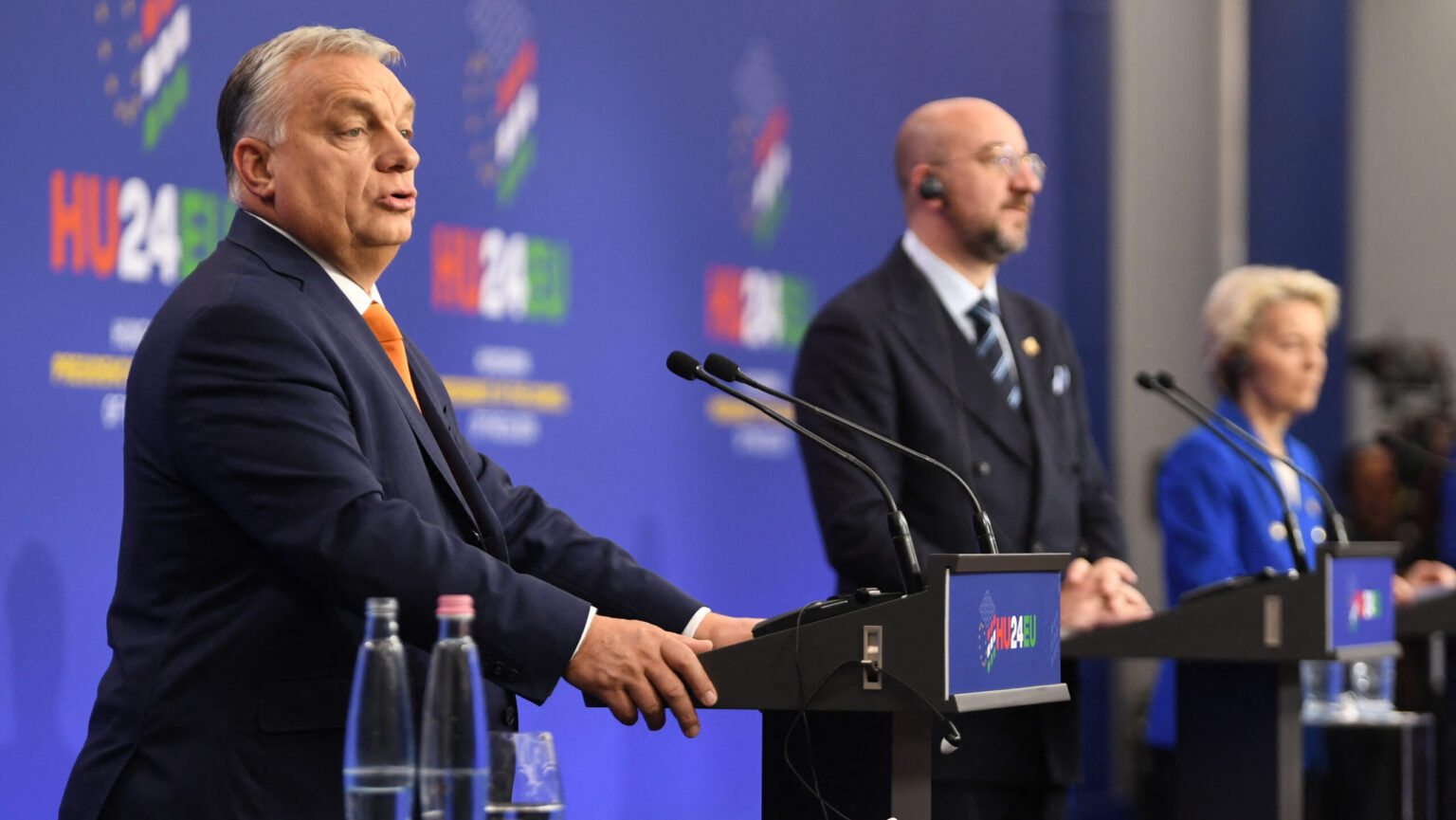
At the informal European Council meeting in Hungary, the leaders of the member states adopted the Budapest Declaration, which focuses on measures to boos the EU’s competitiveness. The decision was announced by Viktor Orbán, who highlighted that there is a strong consensus on the need to ‘make Europe great again’.
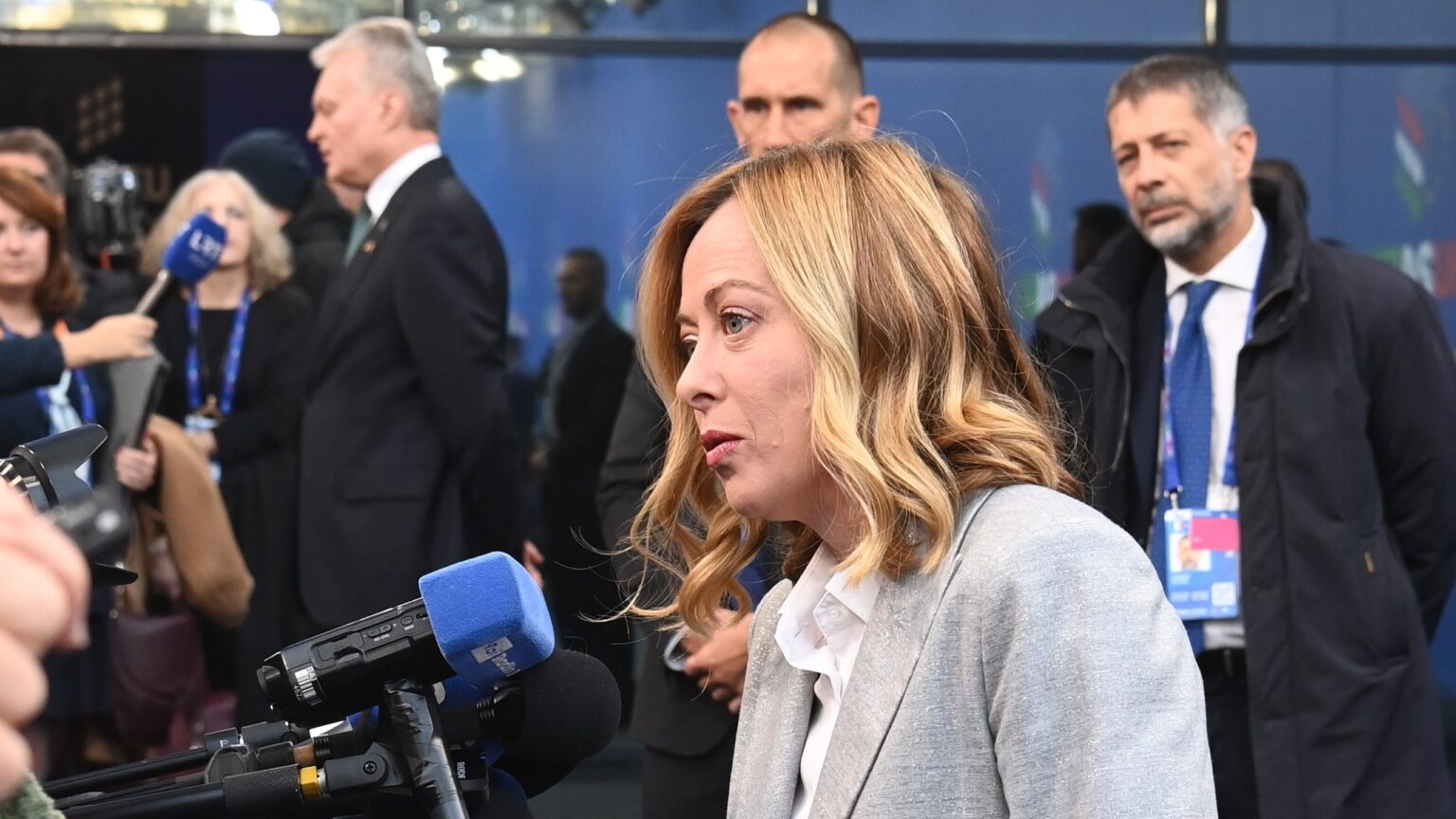
During an informal summit of the leaders of EU countries in Budapest on Friday, Italian Prime Minister Giorgia Meloni called on Europe to redefine its capabilities, empower member states, and invest in strategic resources. Addressing a range of pressing challenges, Meloni emphasized the need for European self-sufficiency and resilience.

Prime Minister Viktor Orbán discussed Hungary’s political and economic stance in light of recent global shifts, Trump’s victory in the US presidential election, and pressing EU issues. Emphasizing Hungary’s unique approach focusing on national interests, Orbán highlighted forthcoming opportunities for the country.

A Hungarian-led research team has launched the Geoastronomy project, supported by the European Research Council, to explore the composition and atmospheres of rocky exoplanets orbiting Sun-like stars. This six-year initiative aims to expand our understanding of both these distant worlds and our own planet.

On the evening of 7 November 2024, following a UEFA Europa League match between Maccabi Tel Aviv and Ajax in Amsterdam, Israeli football fans were subjected to violent attacks by pro-Palestinian assailants. The incidents resulted in at least ten injuries, with three individuals reported missing. Videos circulating on social media depict attackers wielding knives, clubs, and vehicles, while shouting anti-Israel and pro-Palestinian slogans.
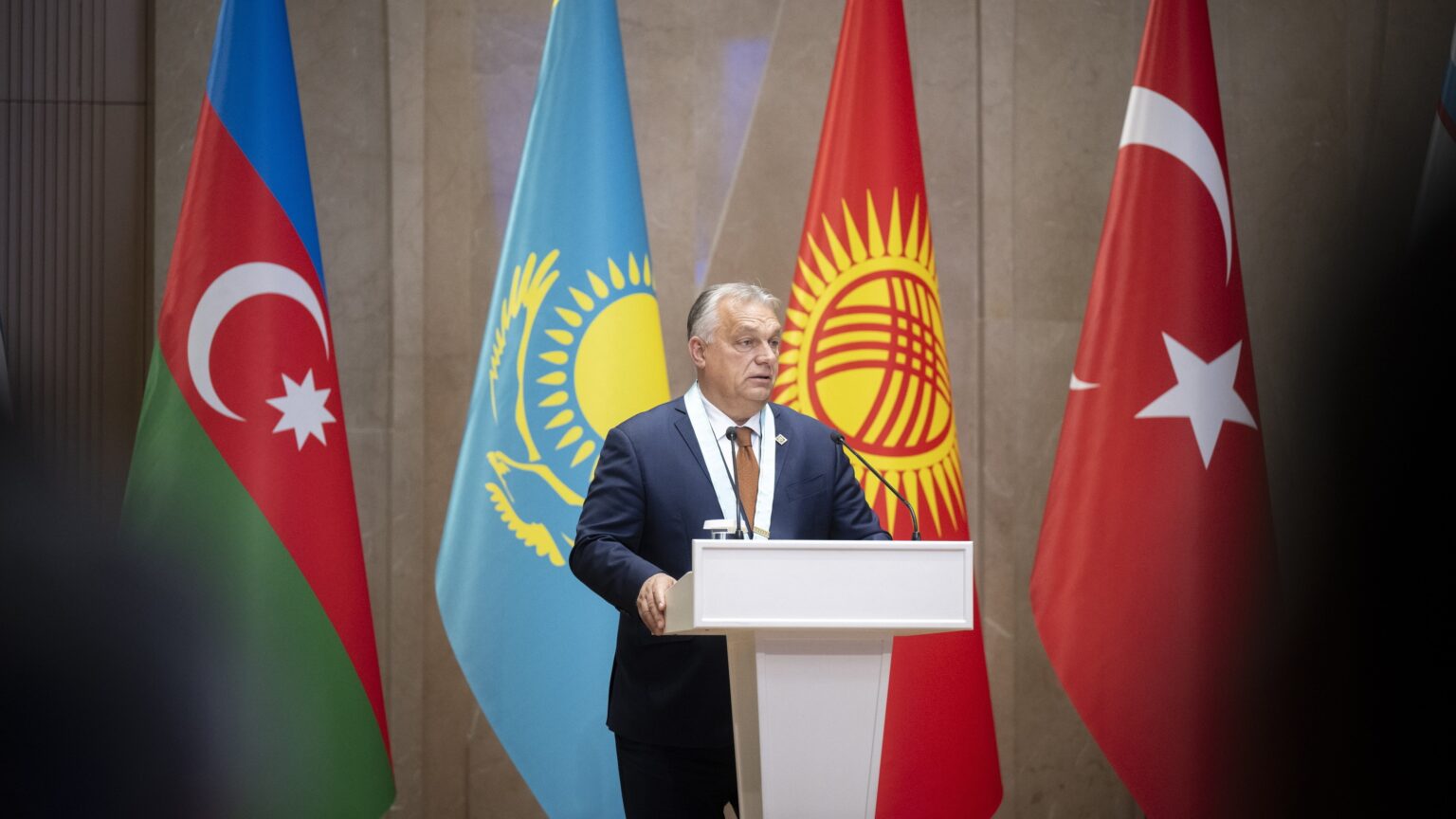
Prime Minister Viktor Orbán accepted the Supreme Order of the Turkic World in Bishkek, Kirgizstan on Wednesday, recognizing Hungary’s longstanding connection with Turkic nations. He noted that Hungarians are the ‘westernmost of the Eastern peoples’, highlighting the shared heritage with the Turkic nations and expressing optimism for future cooperation between Hungary and the Turkic states.
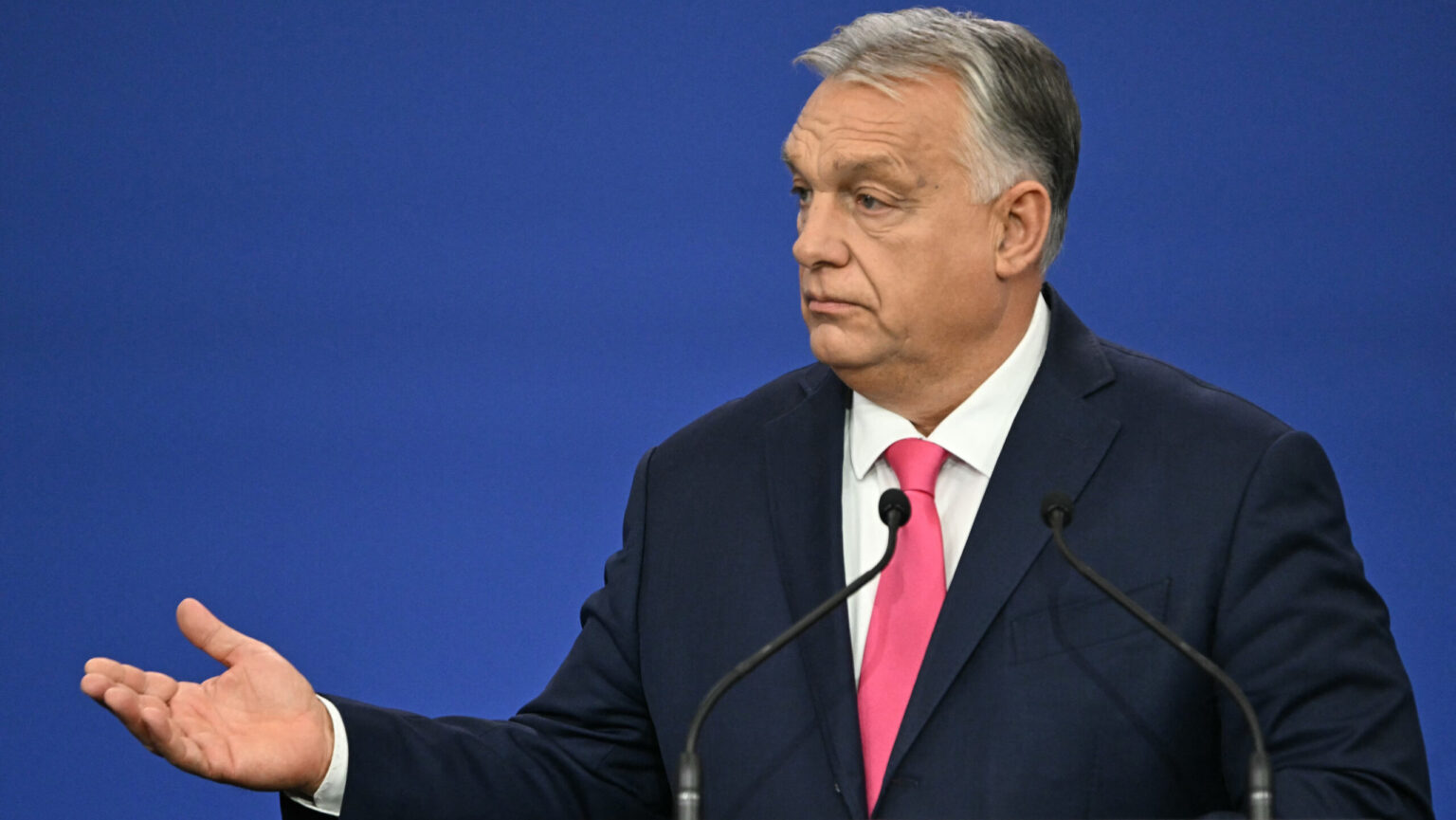
Leaders gathered at the European Political Community Summit in Budapest reached consensus on several key issues. Hungarian Prime Minister Viktor Orbán stated that there was agreement on the urgent need to achieve peace in Ukraine and to develop a new European security architecture. He also warned against judicial activism that may hinder government efforts to stop migration.
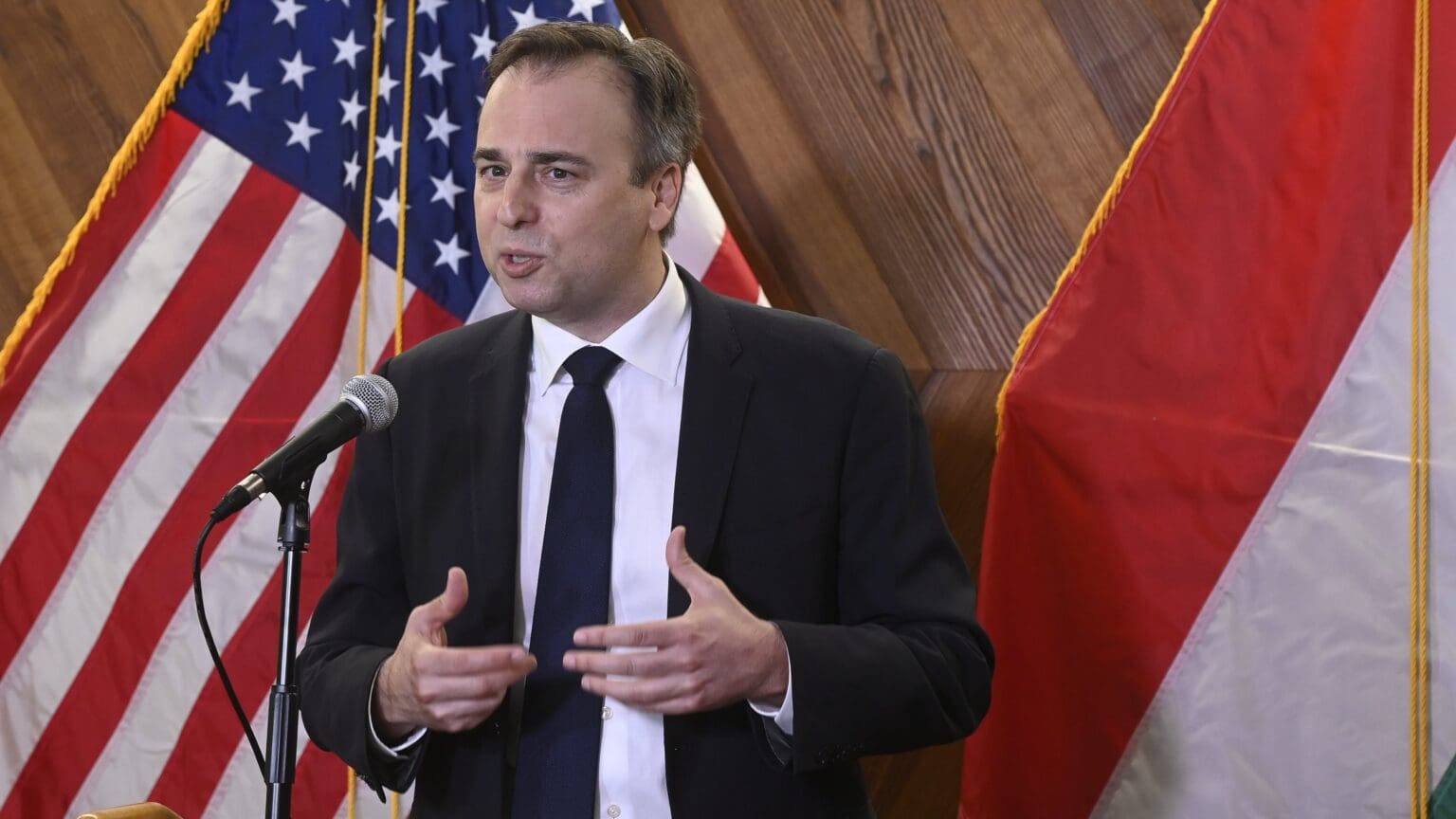
US Ambassador David Pressman delivered a speech on the eve of Donald Trump’s election victory, in which he, as usual, criticized the Hungarian government. Pressman stated that Viktor Orbán had gambled with Hungarian–American relations by wholeheartedly supportingTrump, highlighting that it is not credible to assume that a new president can solve all problems.